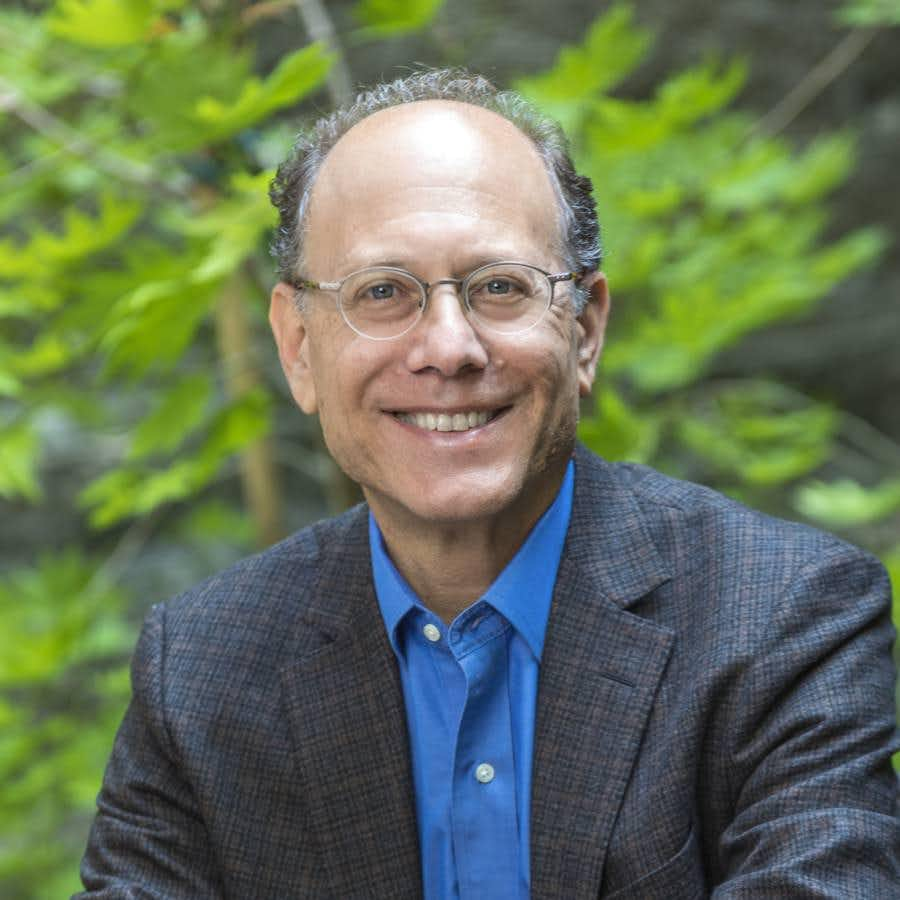
Is Cutting Carbs More Important Than Cutting Calories?
The diet wars have been raging for years. Each side has ardent proponents–those who insist that a low-fat diet is the best way to control weight and those who are convinced that a low-carb diet is better have had a hard time finding common ground. Even those who endorse a more moderate approach can be emphatic about pushing their perspective, particularly those who insist that the only route is cutting calories and increasing activity.
Why Cutting Carbs May Be More Important Than Cutting Calories:
In November, 2018, The BMJ published a study showing that a low-carb diet was effective for maintaining weight loss. But that’s not all: the research showed that people eating fewer carbs had higher energy expenditure. This lent support to the low-carb crowd.
The Carbohydrate-Insulin Model:
Dr. David Ludwig, a principal investigator of the study, has written previously about “The Carbohydrate-Insulin Model of Obesity–Beyond ‘Calories In, Calories Out.’” His essay was published in JAMA Internal Medicine. He explains why refocusing on reducing carbohydrate intake rather than simply calories may be more effective for long-term weight control.
Dietary Fat–Friend or Foe?
In November, the journal Science published a commentary by Dr. Ludwig and three other nutrition scientists with widely different perspectives. In it, they reviewed the evidence on low-fat and low-carb diets and outlined where they found consensus and where there is still significant controversy.
Are all calories equal? The proponents of simply cutting calories count on it. But while this may be a basic law of physics, humans are not machines. The new research suggests that the relationship between calories, metabolism and weight may be more complicated.
This Week’s Guest:
David S. Ludwig, MD, PhD, is co-director of the New Balance Foundation Obesity Prevention Center at Boston Children’s Hospital, a professor of pediatrics at Harvard Medical School and a professor of nutrition at Harvard’s T.H. Chan School of Public Health.
Dr. Ludwig has written three books for the public, including Ending the Food Fight, Always Hungry? and the cookbook Always Delicious. You may also enjoy reading his recent piece in the LA Times.
Listen to the Podcast:
The podcast of this program will be available the Monday after the broadcast date. The show can be streamed online from this site and podcasts can be downloaded for free.

